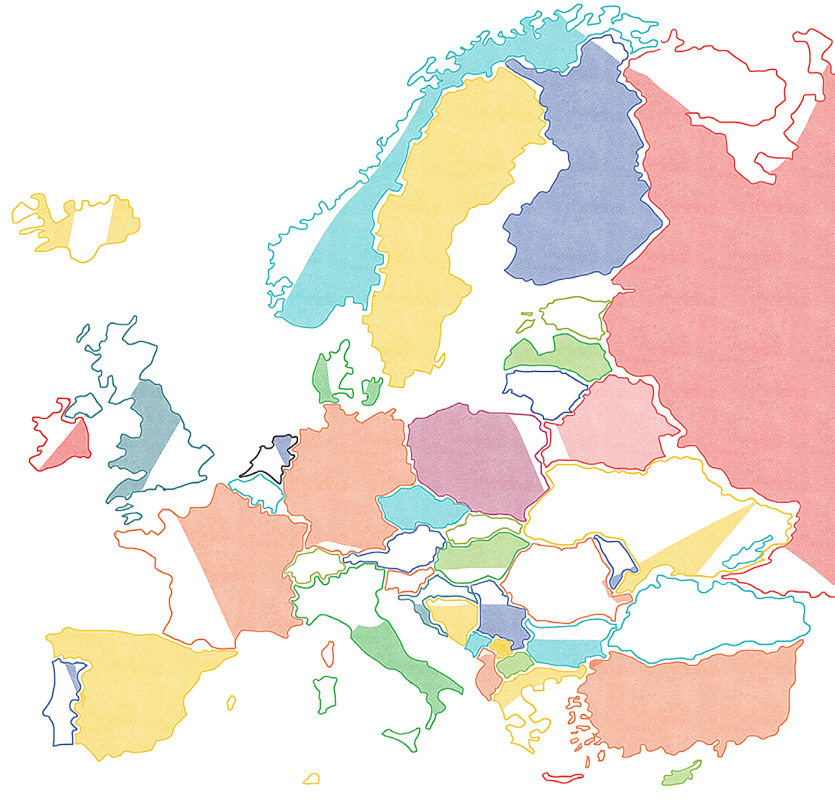Membership types
Members' work area
Country
Members' type of work
Member summary
- 13 results found
- Netherlands
- Clear all
Description
Reem Abbas
I have been working as a humanitarian worker for almost 10 years with different organizations starting with UNHCR in Syria as a case worker and then as a senior child protection officer . As a Palestinian refugee living in Syria it was hard to live within the bad security situation during the war so the only option I had is to flee to Netherlands where I was considered a stateless. Being identified as a stateless person was not easy and made me think that we should pay more attention to this group and identify the risks and problems for this group and trying to find solution and make more awareness among the communities about it. Especially that whenever I am asked about the status on my residence permit and and I say it is stateless people have no idea what it means . in my point of view , there should be more awareness about statelessness as a legal term and then more deep in assessment for stateless people to tackle the issues they face in the country of asylum.
Recently my activities has been with NEW WOMEN CONNECTORS and vluchtelingenwerk Eindhoven and this issue of statelessness is one of things that I am dealing with.
René De Groot
René De Groot is Professor of Comparative Law and Private International Law in Maastricht, Aruba and Hasselt. He studied Law at the Rijksuniversiteit Groningen (Netherlands) and at the Westfälische Wilhelmsuniversität Münster (Germany). Since 1982, he has taught Private Law, Comparative Law and Private International Law at Maastricht University, where he obtained the degree of Doctor iuris and was later appointed as Professor. He has published extensively on comparative law, private international law, legal education, problems of legal translation, the law of property and nationality law. He is a consortium member of the European Union Democracy Observatory on Citizenship, contributing a number of comparative studies of nationality legislation, including on birthright citizenship. He has worked closely with the Council of Europe in the development of regional standards relating to the regulation of nationality, including in the role of Scientific Expert of the Council of Europe’s Group of Specialists on Nationality. He recently prepared a paper on ‘Preventing Statelessness among Children: Interpreting Articles 1-4 of the 1961 Convention on the Reduction of Statelessness and Relevant International Human Rights Norms’ for UNHCR, helping to guide an Expert Meeting on the same question in May 2011.
Sangita Bajulaiye
Sangita Bajulaiye is the advocacy and outreach officer at the Institute on Statelessness and Inclusion (ISI). She is responsible for coordinating the human rights advocacy work, involved in movement building, and conducts research on (children’s) right to a nationality in unrecognised states. She represented ISI on the governance board of the Statelessness Network Asia Pacific (SNAP). Sangita is also a PhD candidate at Tilburg University (Tilburg Law School). Her PhD research focuses on (arbitrary) deprivation of nationality and the implications this has for the citizen-state relation. She holds an LLM in International and European Law from the same university. Sangita is also one of the "Faces of Science" appointed by the Royal Netherlands Academy of Arts and Sciences.
Sangita Bajulaiye website